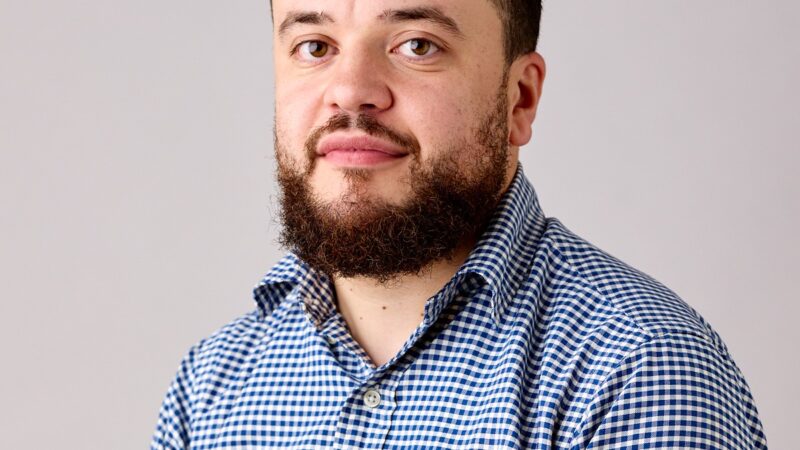
Work to reduce the time joint replacement patients spend in hospital is set to be highlighted at a regional event.
The team in the elective care unit at the University Hospital of Hartlepool have been making a number of improvements for managing patients with blood loss after surgery
This has included reducing the amount of transfusions and any delays in carrying them out, as well as using a new medication.
Mo Helmy, a registrar doctor in the elective care unit at the University Hospital of Hartlepool, has been invited to talk about the project.
He said: “Two years ago, we embarked on a project to reduce our length of stay for hip and knee joint replacement patients.
“Our data highlighted the fact that patients needing a transfusion were staying 50% longer in hospital than patients who had an uncomplicated stay without the need for transfusion.
“We also recognised that on average 9 to 10% of patients were transfused post-operatively.
“Additionally, we acknowledged that some patients who required transfusion were experiencing a significant delay getting their first unit of blood transfused. This meant they were unable to mobilise and do their physio for sometimes several days.”
Reducing transfusion rates in joint replacement surgery
The team came up with a plan to reduce the need for post-operative transfusion and, if it was needed, to do it sooner.
Through a change in culture alone, the team managed to reduce the transfusion rate by a third from 9% to 6%.
Mo added: “By achieving both of the objectives above, we knew we would not only help our patients but also save blood for patients with the greatest clinical need in other areas.”
The service has also been using a drug called Ferinject which is a form of intravenous iron replacement. Its use in patients with significant blood loss after surgery helps remove the need for a transfusion.
Mo said: “We have been using Ferinject post-operatively for just over 12 months and it has been a real game changer.
“I have already presented our results with Dr Kothmann (consultant anaesthetist) at an international conference last summer.
“Regionally, we are a leader in the management of post-operative anaemia. I’m looking forward to presenting our work at the regional transfusion committee in Newcastle next week to share our practice and findings.”